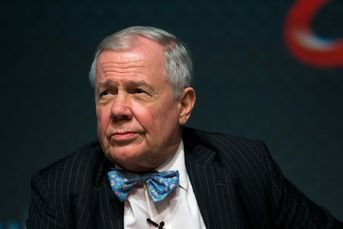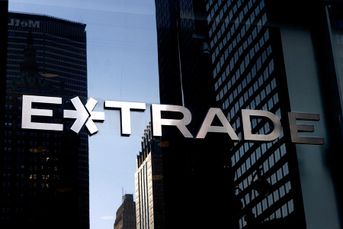Vanguard cuts expense ratios — again
The firm cut fees on 68 mutual fund and ETF shares, marking the third time in three months that it has cut fees
The Vanguard Group cut fees on 68 mutual fund and ETF shares Friday, as industry watchers wonder: How low can expenses go?
The recent round of expense cuts marks the third time in three months that Vanguard has cut fees. The move has saved investors a cumulative $143 million in savings across 124 fund shares reported over the last three months.
Ten Vanguard international ETFs lowered their expense ratios, including Vanguard FTSE Europe (VGT), which cut its expense ratio by 0.02 percentage points to 0.10%. Vanguard FTSE All-World ex-US Small-Cap ETF (VSS) declined four basis points to 0.13%.
“The demand for low-cost funds and ETFs, along with intense competition, have made investing far more affordable today than ever before,” said Vanguard CEO Bill McNabb in a statement. “With the broad availability of low-cost options, investors – whether on their own or with the help of a financial advisor or employer – need to focus on the other factors that can lead to investing success, including saving more, developing a suitable asset allocation, using broadly diversified funds, and maintaining discipline through market ups and down.”
Case for low fees
Lower fees for ETFs and mutual funds will continue to encourage advisers and investors to seek out passive management to build portfolios rather than rely on more expensive and often underperforming active products, said Todd Rosenbluth, director of ETF & mutual fund research for CFRA. “However, it remains important that ETFs are not chosen just for their fees as the country exposure differences of international equity and bond ETFs impacts performance,” Mr. Rosenbluth said.
In theory, it’s possible to offer an ETF with a zero expense ratio and zero trading costs, said Shundrawn Thomas, managing director and head of Northern Trust’s Exchange Traded Funds group. Securities lending, for example, could generate income for the fund. “Is that the holy grail for the industry? No,” Mr. Thomas said. Low-cost investors are just one part of the ETF marketplace. “It does put some reins on the pricing of ETFs, but it doesn’t characterize how the whole industry behaves.”
Zero-cost ETFs?
A zero-cost ETF would also have benefits to the sponsor because it might bring in assets to other parts of the platform, said Mr. Rosenbluth. But the biggest barrier to a zero-cost ETF would be that there’s not really a burning need to offer one, he said. “Investors willing to pay something for exposure now and there’s no reason to leave money on the table to cover costs of index licensing, personnel to manage the fund, and other things.” And some funds are already pretty cheap: Vanguard Institutional Index Plus (VIIIX) charges just 0.02% in expenses, or just 20 cents for every $1,000 invested.
Learn more about reprints and licensing for this article.








